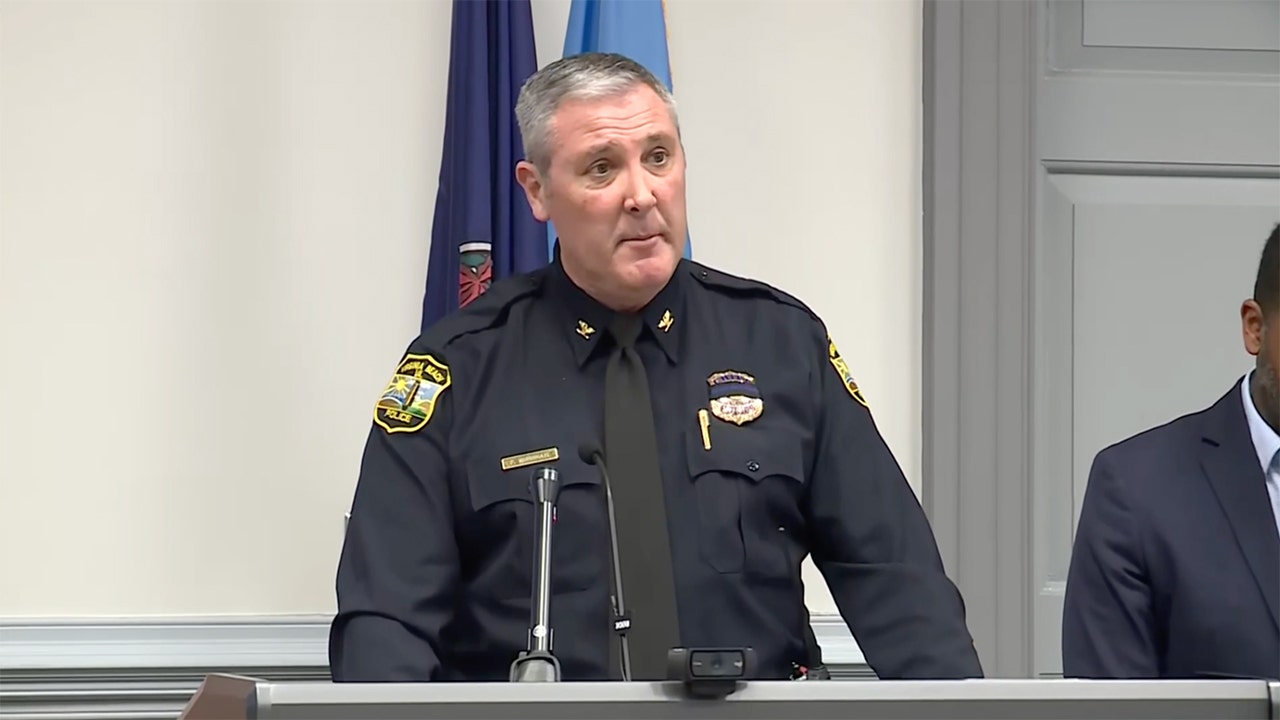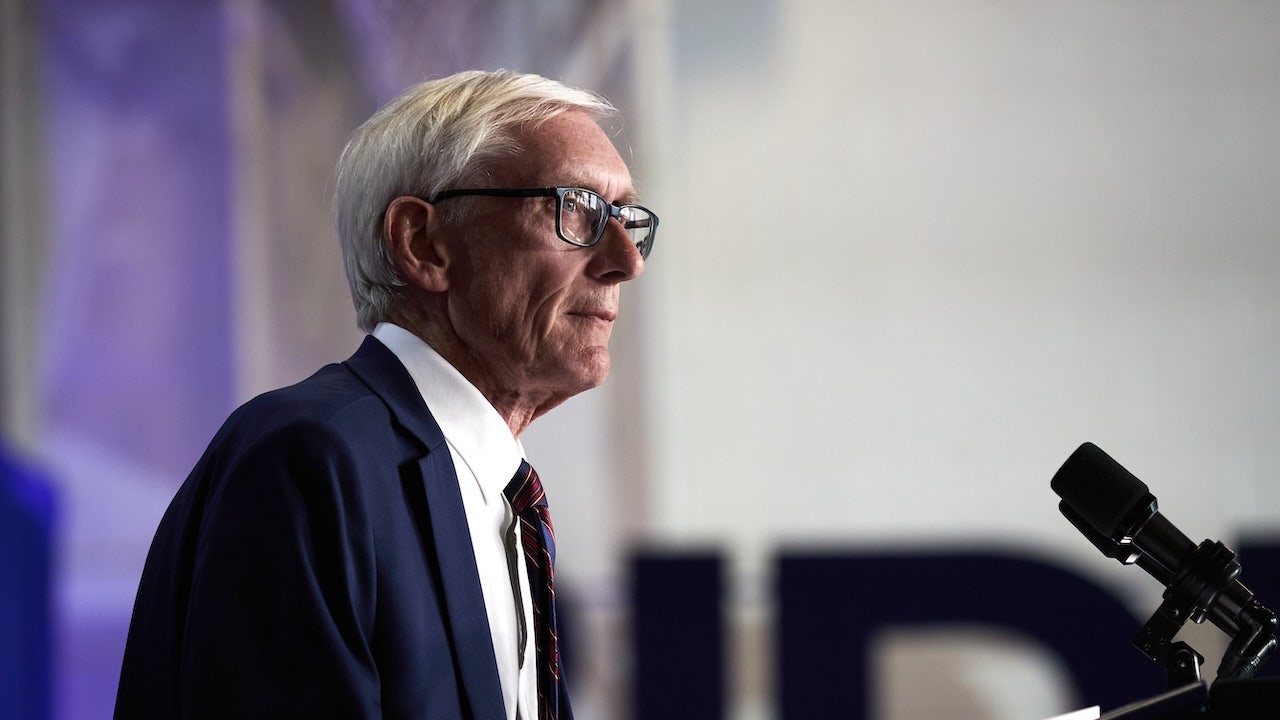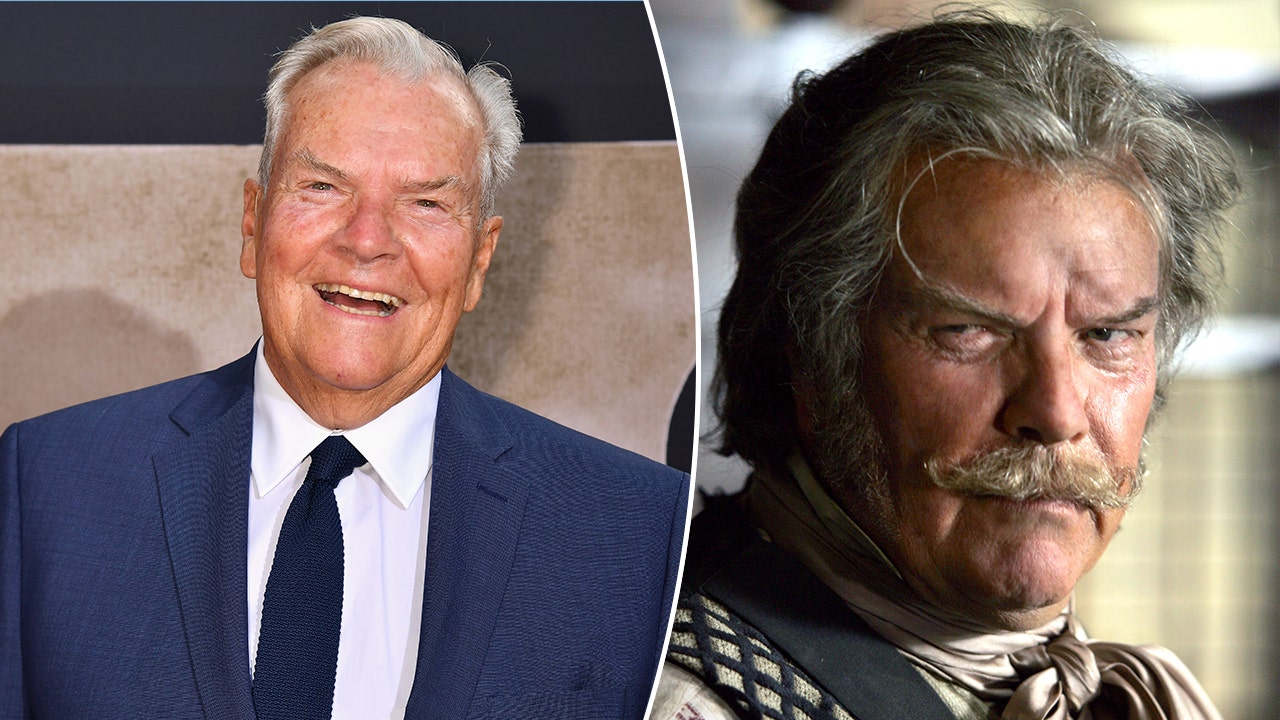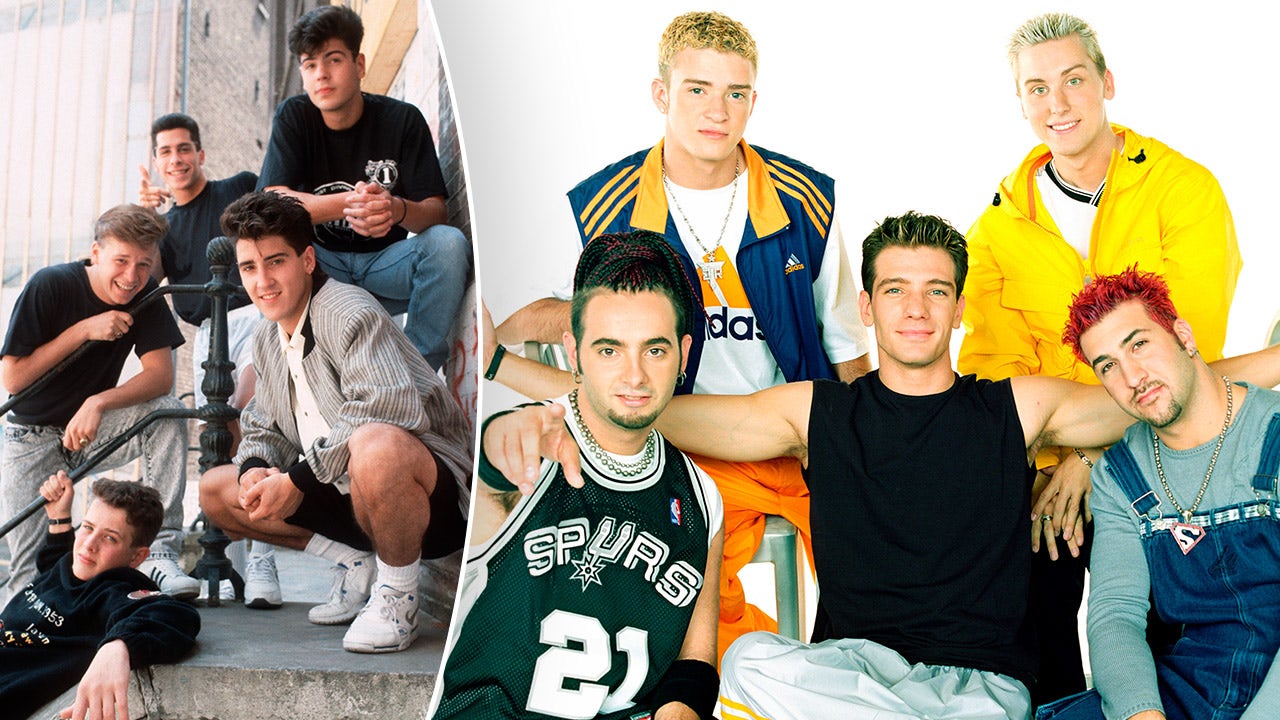Famous boy bands have sung their way into fans’ hearts for decades, including The Beatles, Jackson 5, The Osmonds, New Kids on the Block, *NSYNC, Backstreet Boys, Korean pop group BTS, and many more artists.
The Paramount+ documentary “Larger Than Life: Reign of the Boybands” uncovered the highs and lows of the scandalous music industry.
Fan favorites, such as Donnie Wahlberg from New Kids on the Block, Lance Bass from *NSYNC, AJ McClean from the Backstreet Boys, and more admitted their struggles on their rise to fame at a young age, performing in prisons, battling with substances, and having millions of dollars stolen.
Here are the standout revelations from “Larger Than Life: Reign of the Boybands.”
The Struggles of Fame: A Young Donnie Wahlberg’s Journey
Donnie Wahlberg from New Kids on the Block confronted the painful reality of achieving stardom at such a tender age—just 15 years old when he joined the group.
“When New Kids were formed, Maurice Starr was looking for anybody that could sing, dance, and rap,” Wahlberg reflected in the documentary. “Maurice almost got arrested for driving around schools looking for young white kids.”
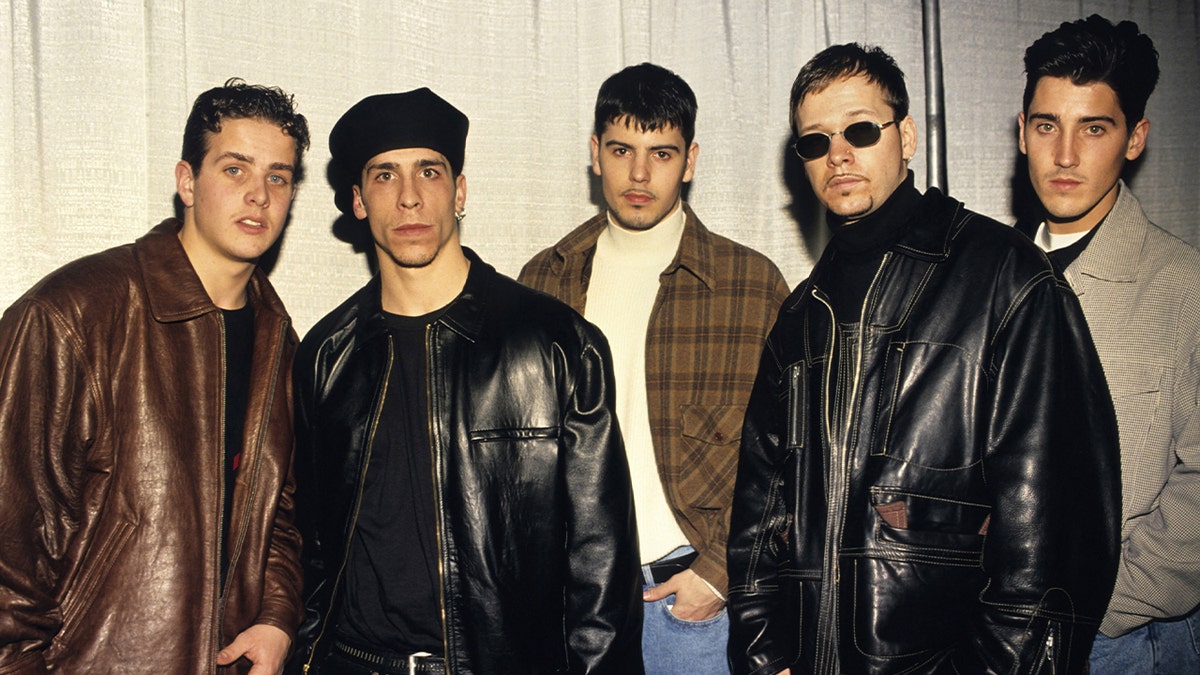
Starr, originally named Larry Curtis Johnson, is a prominent figure known for his work with boy bands, including New Edition and New Kids on the Block. “Maurice probably saved my life,” Wahlberg admitted. “I was bussed to school in Boston, one block from where New Edition grew up in Orchard Park… they made anything seem possible to me. Within a year, I was meeting Maurice and helping to create New Kids on the Block.”
Wahlberg shared how initially, his brother Mark was the sole member of New Kids on the Block. It was only after Mark’s departure that Wahlberg invited his friends to join the group. “We played in prisons, high schools, birthday parties, parks, bars we were too young to be in—everywhere,” he recalled.
“We played in prisons, high schools, birthday parties, parks, we played in bars that we were too young to be in. We played everywhere.”
When New Kids on the Block launched their second album, they sold over 6 million copies of the single “Step by Step.” “With the Step by Step album, these guys were like a money train,” one music expert commented.
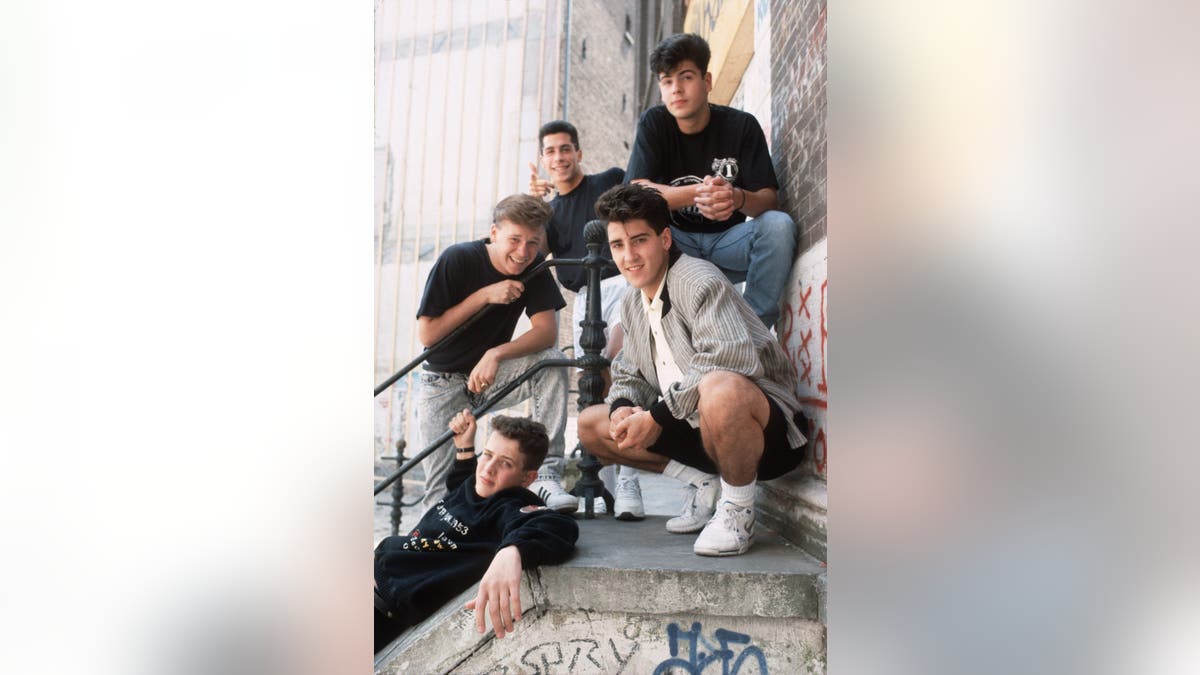
However, the pressure began to mount. Wahlberg reflected on the group feeling “burnt out,” suggesting the focus had shifted from artistry to marketing. “The success was overwhelming…we felt grateful, but it also weighed heavily on us,” he shared. “When the screams faded, I confronted the reflection of my 18-year-old self in the mirror. In many ways, I hadn’t grown at all.”
The Dark Side of Fame: AJ McClean’s Battle with Burnout
As the boy bands experienced immense success, many members found themselves entangled in a lifestyle of excess. AJ McClean of the Backstreet Boys revealed his struggles with burnout, nearly reaching a breaking point.

“The year 2001 was particularly dark. After nine straight years of touring, I didn’t deal with my emotions—I succumbed to the party lifestyle and substances,” McClean confessed. “”It finally hit me when I drank onstage, breaking my own rule. That’s when I realized, ‘Okay, something has to change.’ A day later, I was on a plane to rehab.”
The Tragic Turn: Remembering Liam Payne
The documentary touched on One Direction’s legacy, but a poignant silence lingered over the recent passing of member Liam Payne. He tragically died on October 16 at the age of 31 due to a fall from his hotel balcony in Buenos Aires. The following investigations revealed he had been under the influence of multiple substances, forever marking the narrative of boy bands with both triumph and tragedy.

Payne’s journey began in 2008 after being discovered by Simon Cowell on “The X Factor” as a 14-year-old. Despite initial setbacks, he later joined one of the most successful boy bands in history, forever altering the music landscape.
The Deceit Behind the Curtain: Lou Pearlman’s $300 Million Scheme
As *NSYNC and Backstreet Boys soared, they unknowingly fell victim to a $300 million Ponzi scheme orchestrated by their manager, Lou Pearlman.
When recalling the shady deals, Lance Bass from *NSYNC lamented, “We were essentially working for free.”
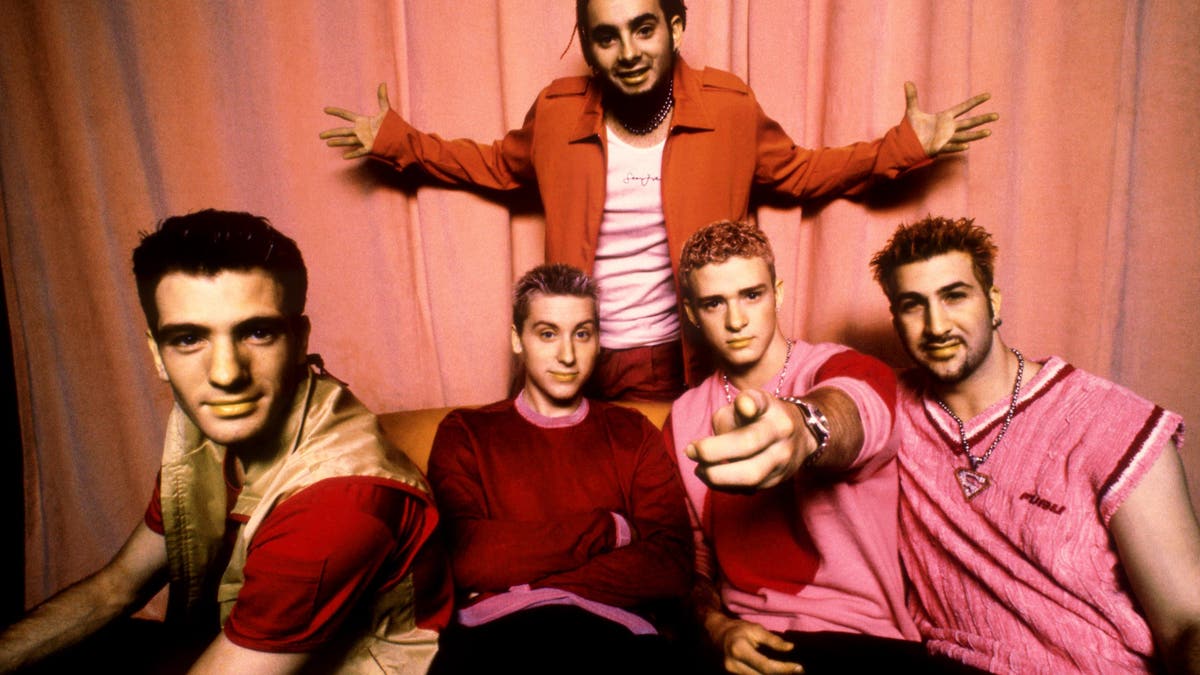
Bass explained Pearlman’s manipulative strategy of keeping the two bands isolated to prevent them from realizing the terrible contracts they had signed. “If we had known the Backstreet Boys, we would have quickly discovered we were all getting ripped off,” he disclosed. McClean echoed this, stating, “[Lou] was the sixth member—taking a share of everything we earned without lifting a finger.”
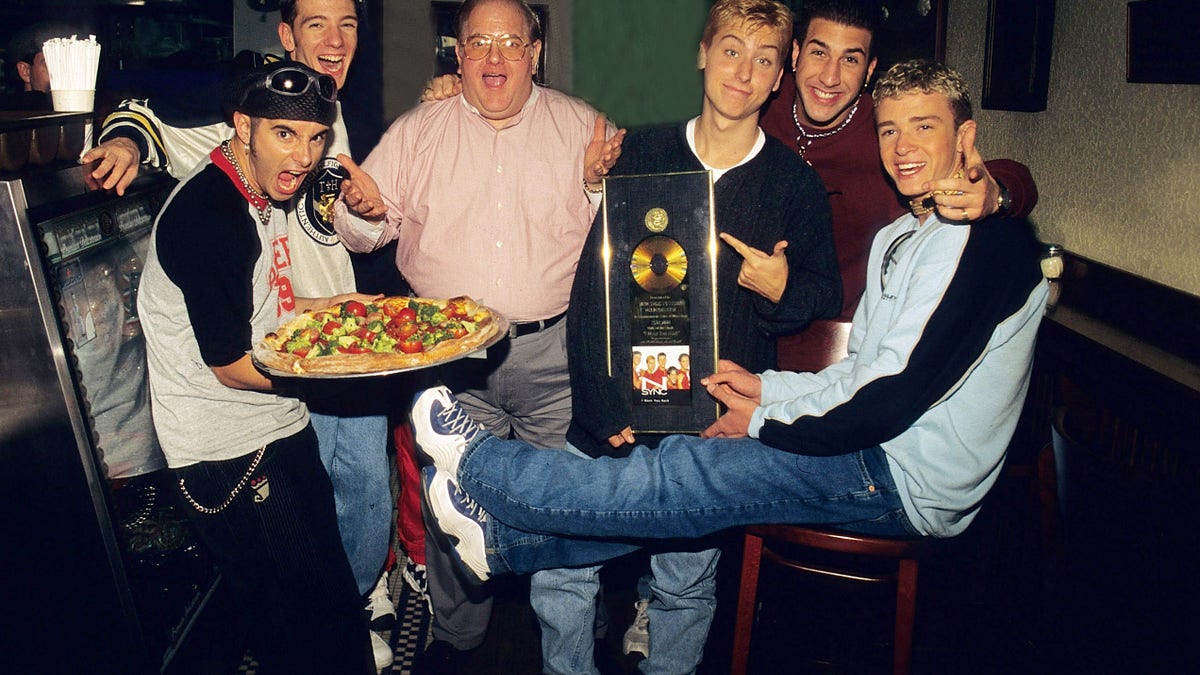
Pearlman faced countless legal battles, with his $300 million scheme finally exposed in 2006. He was convicted of fraud two years later and passed away in prison, having served only part of his 25-year sentence.
The Price of Image: The Crazy Boy Band Rules
Members of groups like *NSYNC and the Jonas Brothers frequently discussed the importance of maintaining a carefully curated image to appeal to fans. These “boy band rules” were often ridiculous and constraining.
“Nobody can have tattoos,” Chris Kirkpatrick of *NSYNC explained, while AJ McClean added that managers cautioned against appearing less than perfect, saying “You can’t be ‘fat street.’ That’s not cute,” McClean recounted.

Another rule suggested keeping personal lives under wraps, with managers insisting, “No girlfriends,” warning this would “take away the dream fans envisioned.”
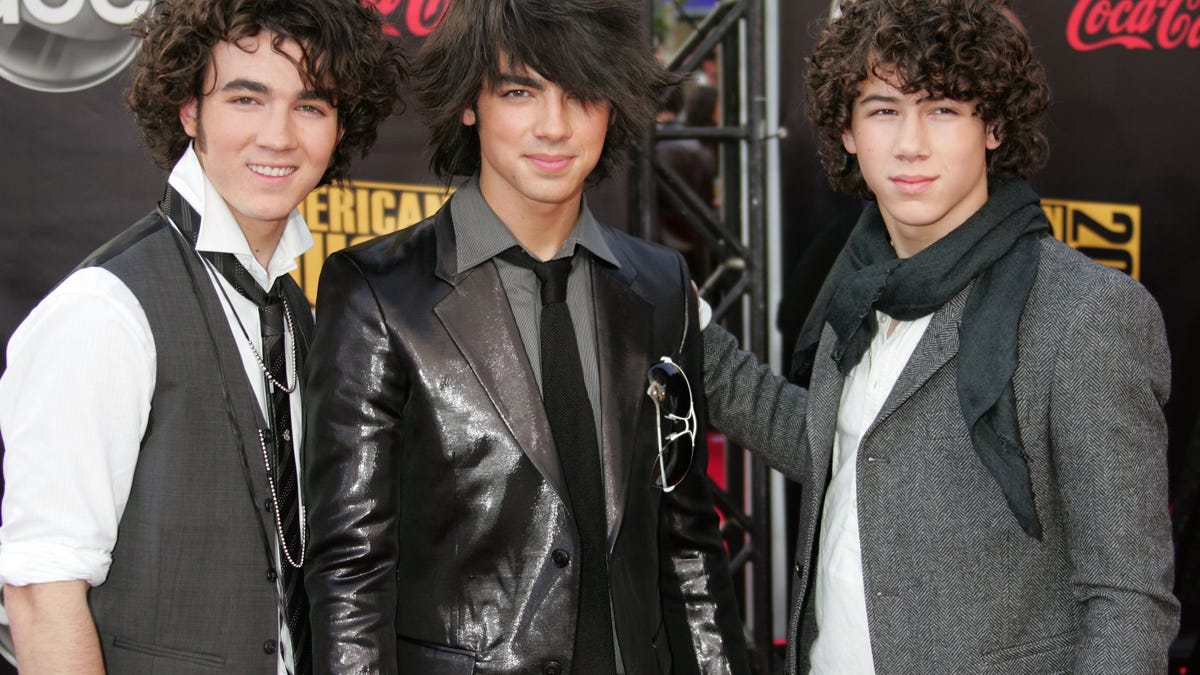
For the Jonas Brothers, the rules extended into their personal beliefs, with the trio donning purity rings as a symbol of their commitment to remain celibate until marriage. In a memorable moment, Miley Cyrus, a friend and former flame of Nick, posed a daring question during an interview in 2019: “Did it feel good finally taking off your purity rings?” The exchange highlighted the stark separation between public image and private life, brazenly blending humor and nostalgia.
Reflecting on the chaotic journey of boy bands, one can only marvel at how their glimmering facades often masked deep personal battles. The rise of boy bands showcases an era of dazzling talent and heartbreaking reality, leaving an enduring mark on a music-loving generation.

